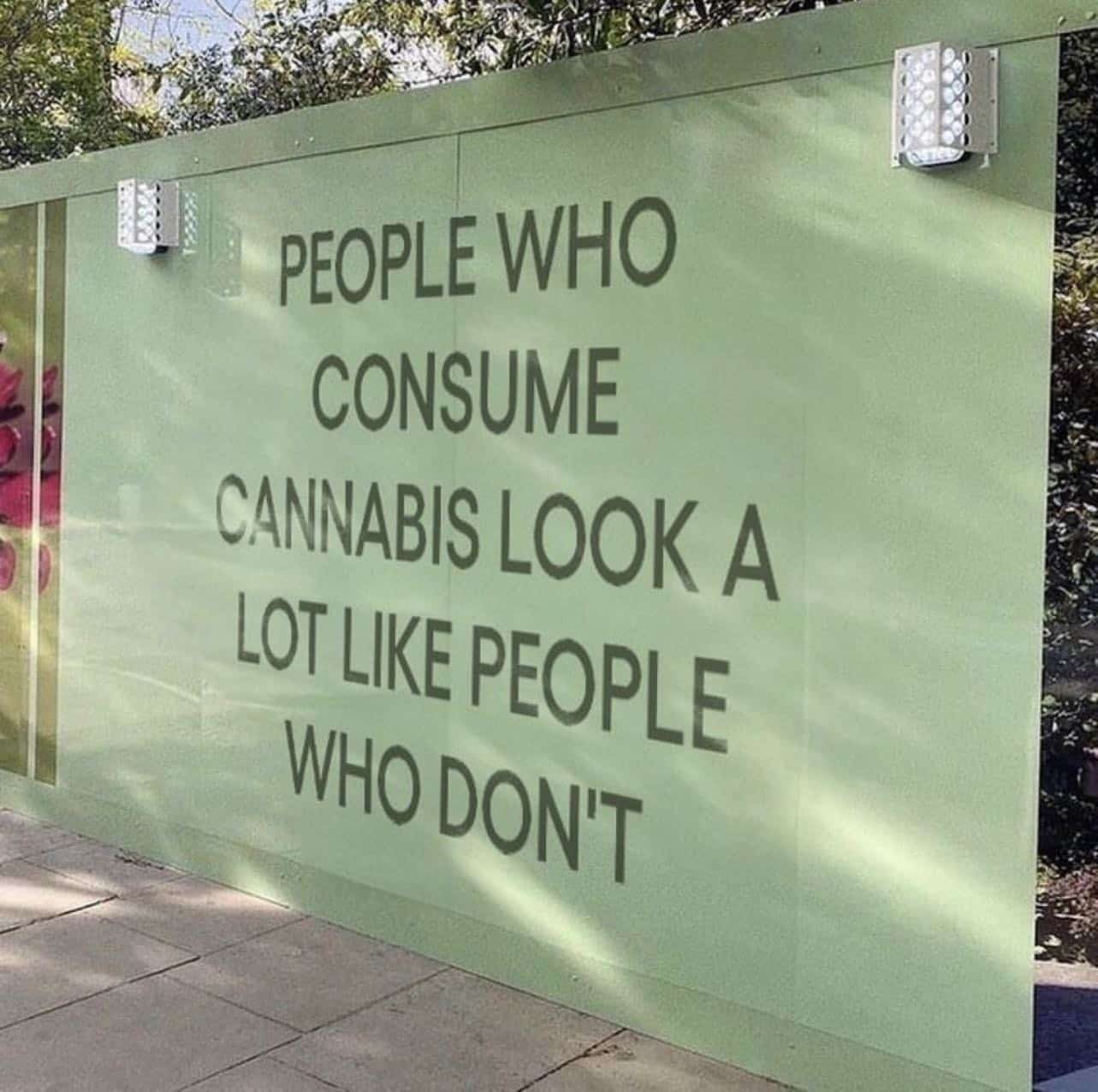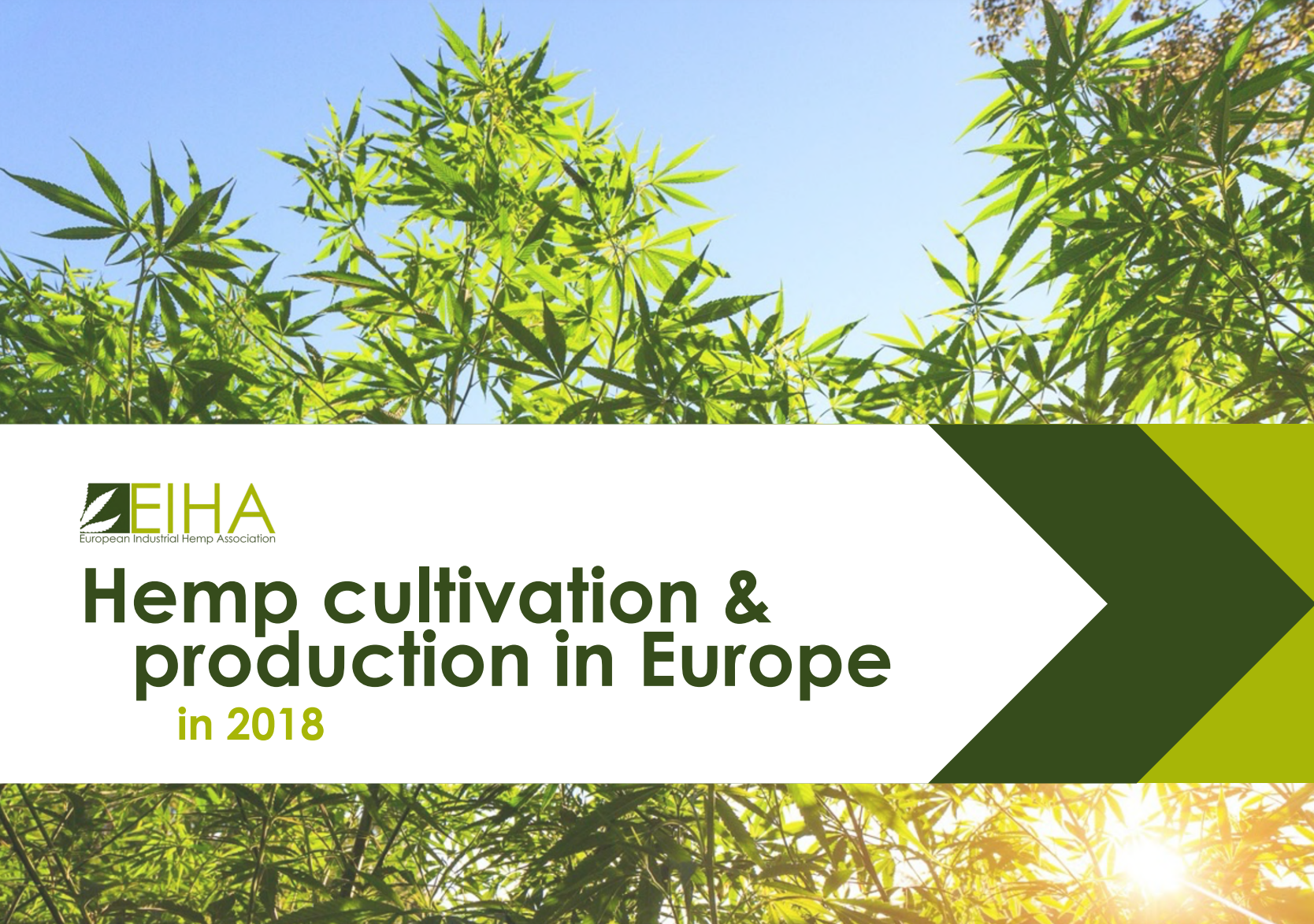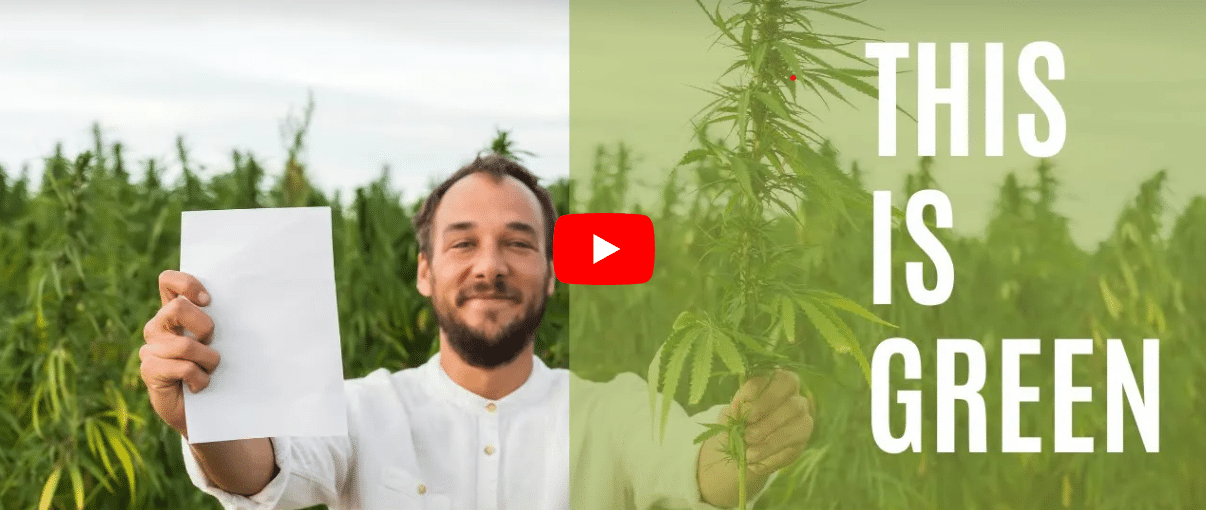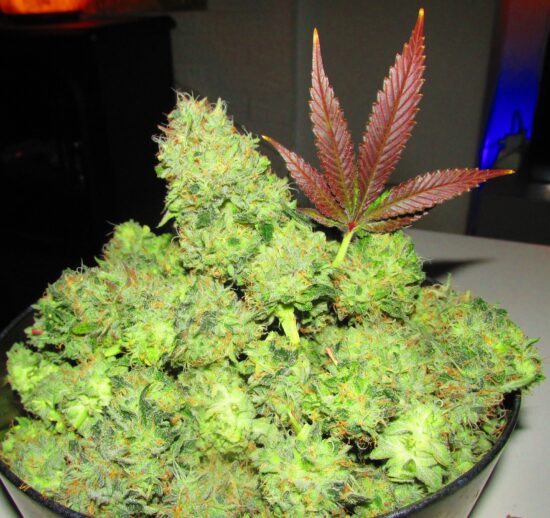
In the face of escalating environmental concerns, the need for sustainable alternatives to conventional materials has become imperative. Fossil fuel-based plastics, notorious for their non-biodegradable nature and detrimental impact on ecosystems, have spurred a quest for eco-friendly alternatives. Hemp, an ancient plant with a myriad of uses, is emerging as a promising candidate for replacing fossil fuel plastics. We explore the potential of hemp bioplastics to address the environmental crisis, focusing on their biodegradability, reduced toxicity, and positive impacts on biodiversity.
I. The Menace of Fossil Fuel Plastics
1. The Ecological Toll of Conventional Plastics
Fossil fuel plastics, derived from non-renewable resources, have infiltrated every corner of the planet. Their persistence in the environment poses a severe threat to ecosystems, marine life, and human health. The alarming accumulation of plastic waste in oceans, rivers, and landfills has sparked a global crisis, prompting urgent measures to find sustainable alternatives.
2. Toxicity and Human Health Concerns
Apart from their environmental impact, fossil fuel plastics contribute to health risks through the release of toxic chemicals during production and decomposition. These chemicals, such as bisphenol-A (BPA) and phthalates, can leach into food and water, entering the human food chain and causing long-term health issues.
II. Hemp: A Green Revolution
1. The Renaissance of Hemp
Hemp, a versatile and resilient plant, has a rich history of human use dating back thousands of years. Revered for its fibres, seeds, and medicinal properties, hemp has recently gained attention as a sustainable solution in the modern era. Unlike traditional crops, hemp requires minimal pesticides, herbicides, and water, making it an eco-friendly cultivation choice.
2. Biodegradability: Hemp’s Green Advantage
One of the most compelling features of hemp bioplastics is their biodegradability. Unlike conventional plastics that persist for centuries, hemp-based bioplastics break down naturally, minimising environmental impact. This characteristic not only addresses the plastic pollution crisis but also supports the circular economy by returning nutrients to the soil.
III. Hemp Bioplastics: A Sustainable Alternative
1. Production Process and Carbon Footprint
The production of hemp bioplastics involves extracting cellulose from the hemp plant. This process is significantly more sustainable than the extraction of fossil fuels for traditional plastics. Moreover, the cultivation of hemp acts as a carbon sink, sequestering carbon dioxide from the atmosphere and mitigating climate change.
2. Versatility and Performance
Hemp bioplastics exhibit remarkable versatility, making them suitable for a wide range of applications, from packaging materials to consumer products. The material’s durability and flexibility rival traditional plastics, ensuring that it can meet the demands of various industries without compromising performance.
IV. Positive Environmental Impacts of Hemp Cultivation
1. Biodiversity Preservation
Hemp cultivation promotes biodiversity by providing a habitat for a diverse range of insects, birds, and other wildlife. Unlike monoculture crops, hemp fields support a healthy ecosystem, fostering beneficial relationships between different species. This contrasts starkly with the environmental degradation associated with the intensive farming practices often employed for fossil fuel production.
2. Soil Health and Regeneration
Hemp is renowned for its ability to regenerate soil health. Its deep roots help prevent soil erosion, and the plant’s fast growth suppresses weed growth naturally, reducing the need for herbicides. Additionally, hemp cultivation can be part of a crop rotation strategy, further enhancing soil fertility.
Conclusion
The urgency of addressing the environmental crisis calls for innovative solutions that mitigate the impact of human activities on the planet. Hemp bioplastics emerge as a beacon of hope, offering a sustainable alternative to fossil fuel plastics. With their biodegradability, reduced toxicity, and positive impacts on biodiversity, hemp bioplastics present a viable path toward a greener and more sustainable future. By embracing this versatile plant, we have the opportunity to transform industries, protect ecosystems, and pave the way for a harmonious coexistence between humanity and the planet. The shift towards hemp bioplastics represents not only a practical solution but also a symbolic step towards responsible stewardship of the Earth.








